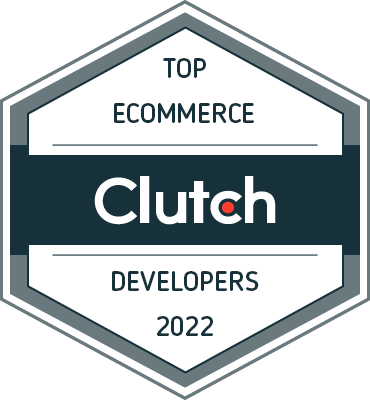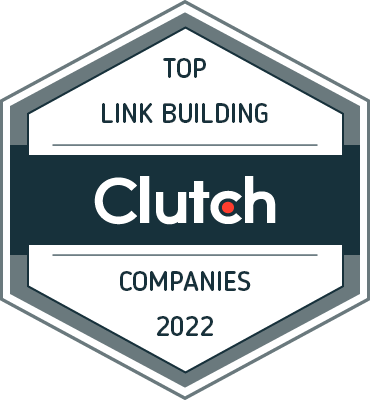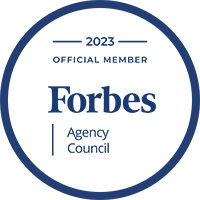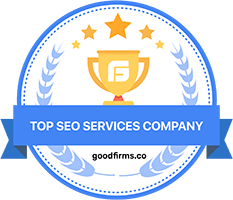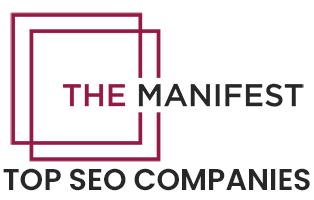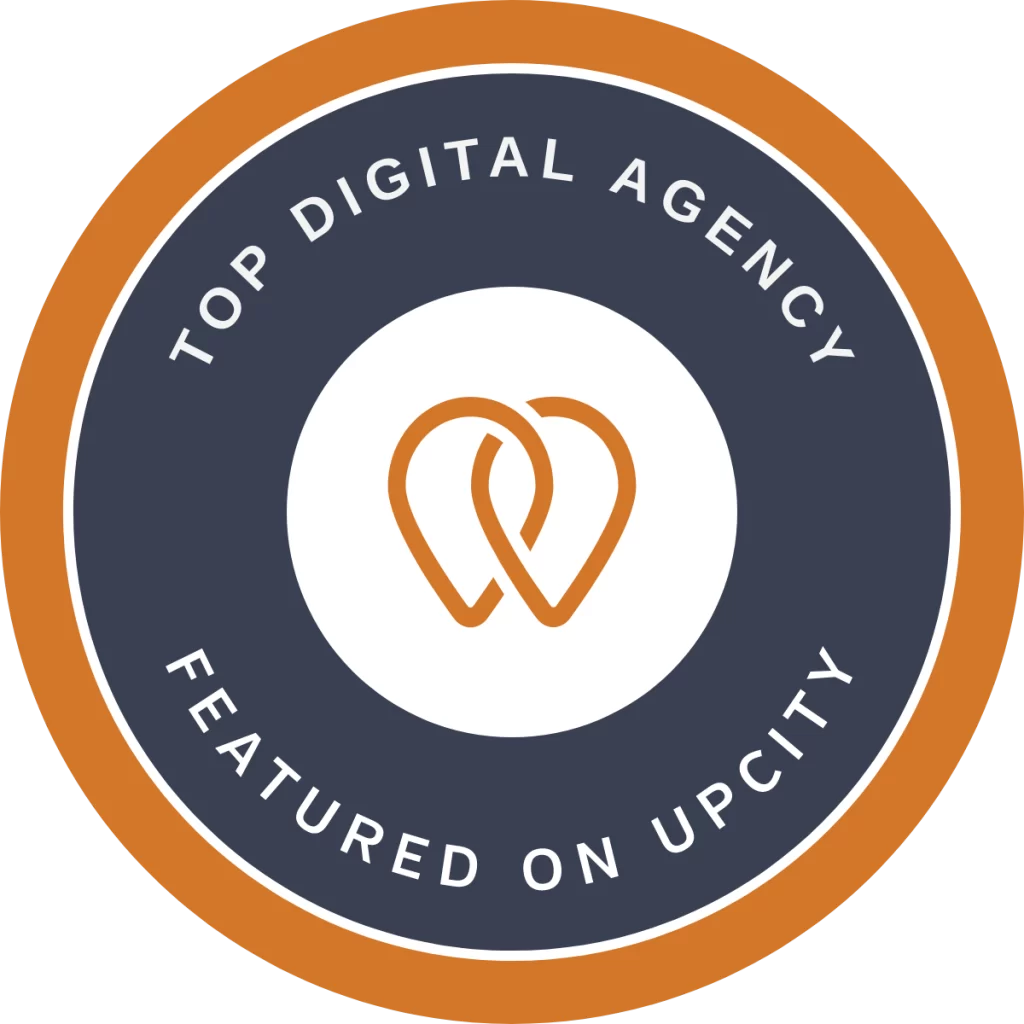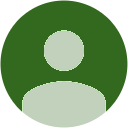Managing Insurance Agency PPC Ads Management
PPC management for insurance agents refers to creating and optimizing paid ads campaigns. Despite that simple explanation, let’s explore it further.
A paid advertising company for insurance agents often begins by getting to know you and your needs before providing premium paid ads management. This information helps determine the next steps, since the way you’d approach paid advertising for a localized insurance company is much different from how you’d handle it for nationwide insurance agency ecommerce site.
For example, local insurance companies are often only interested in contact form submissions or phone calls. Through PPC advertising, traffic can be driven to an optimized landing page or sales funnel. We recommend Google Local Service Ads or Facebook Lead Forms if those pages/funnels don’t exist or need to be reworked.
Alternatively, ecommerce-focused insurance companies are most often interested in online sales. Using paid advertising, you can drive traffic to a page optimized for products or categories. Google Shopping Campaigns might even make sense to include for some online businesses. Our sales funnels have also helped us to sell subscriptions, products, and services.
Understanding the metrics that will be used to optimize and scale insurance agency PPC campaigns is the next step. For some insurance companies, that means looking to platforms like Google Analytics. However, there are other options out there too, like Wicked Reports, Triple Whale, or Northbeam.
Your insurance company should use a variety of advertising tactics and marketing tools to be successful with paid advertising. Pay-per-click campaigns for insurance agents should include strategies like:
- Drive traffic to your digital assets (websites, sales funnels, etc) from search engines, social media channels, and third-party websites.
- Make money online or through qualified leads for your insurance company.
- Utilize third-party attribution software to better understand ad attribution.
- Present social proof through case studies, white papers, and video testimonials.
- Collect email addresses, create user-generated content, and nurture relationships.
- Test ad creatives across various ad placements and between different media formats.
A Few of Our Experts





Types of Paid Ads for Insurance Companies
The options for running paid advertising for your insurance company are numerous. The following are some of the most common paid advertisements options for insurance agents.
1.) Local Advertising
You can use nearly any advertising platform to run local ads for your insurance company. Depending on the nature of your nearby insurance company, you may find better success in one platform versus another. You should try out every option available to see which suits you best. Now let’s discuss some local advertising options.
There are going to be two options from Google.
As a first step, you can run traditional Google Adwords, possibly using their newer Performance Max campaign type. With this ad campaign type, the Google algorithm can find the best combination of headlines, images, videos, and service locations to bring you customers. Performance Max campaigns are used frequently by accounting, legal, dental, and medical professionals. Even nearby stores use this campaign type.
Alternatively, if your business qualifies, Google offers a Local Service Ads option. The Google Local Service Ads offers a pay-per-lead model, which means you get charged a flat fee for each lead the platform provides you. We often use Google Local Service Ads for home services contractors, like plumbers, electricians, roofers, and heating installers.
Facebook Ads can also be used to target people in the area. The process is a little simpler since it just requires setting up a campaign with ad sets with geographic restrictions to ZIP codes in the target area. We often rely on local Facebook Ads for all types of insurance companies.
2.) Social Media Marketing
A social media ad is pretty much any online advertisement you see on a social networking site.
Maintaining fresh ad creatives is key to social media ads. Without rotating ad creatives every few weeks, your campaign performance will slowly deteriorate. For higher spending ad campaigns, you might need to look at weekly ad creative changes.
The best part of social media marketing is you can target audiences that have never thought of your product or service, or perhaps just aren’t thinking about it now. The opposite is true when you run search engine advertising since your ads will only show when someone is actively searching for what your insurance company has to offer.
However, this benefit can also be a curse, since conversion rates are typically lower when people aren’t closer to making an immediate purchase.
3.) Search Engine Ads
You’ll want to invest in search advertising if you know people are looking online for the products you offer.
Some people refer to this as insurance agency Search Engine Marketing, or SEM. There are different ways to explain search ads (not to be confused with SEO), which are advertisements displayed on search engines’ search results pages.
You might consider copying your Google Ads campaigns over to the Bing Ads platform if you’ve had success with Google Ads. As of an October 2022 study from StatCounter, about 3.57% of online users rely on Bing for their primary search engine.
4.) Display Ads
There are display ads on message boards, chat rooms, game lounges, news websites (sometimes even local news stations), gossip websites, and more.
Bing Ads and Google Ads both offer these.
To get started with display ads, you just need a set of ad creatives in different image sizes. Both ad platforms have algorithms that help you build results from your ad spend if you have an understanding of your target audience.
5.) Retargeting Ads
There is a good chance that not everyone will convert during their first experience with your insurance company website, landing page, or sales funnel.
Retargeting ads are almost always recommended to help bring people back to your website after they have weighed their options.
You can run retargeting ads on any ad platform, too.
6.) Shopping Ads
Google Shopping Campaigns popularized this type of search ad.
If you want to promote your insurance company through Google Shopping, you’ll need an ecommerce website, a product feed (CSV or TXT), and a Google Merchant Center account.
With these tools in place, you’ll be able to provide Google Ads an updated list of all your accurate product data, including the title, SKU, image, price, and availability. Using that information, they can determine what types of search queries to display your products at the top of search results.
7.) Video Ads
You can run video ads on YouTube, Instagram, Facebook, and other social networking websites.
If you are interested in running YouTube Ads, you’ll just need to set up a video ads campaign in Google Ads.
To run video ads in Facebook or Instagram, you’ll need a working Facebook Ads account.
Both ad platforms offer excellent conversion opportunities with video ads. We frequently use video ads to showcase product launches, custom services, personal introductions, and more!
If you have the budget to support ad creatives in video format, look to implement them into your PPC advertising campaigns.
Tips for Managing PPC for Insurance Agents
With in-depth knowledge of the latest paid ads trends for insurance companies and other industries, we are a team of paid advertising professionals.
Here are some of our best tips to follow for keyword research, audience research, landing page / sales funnel optimization, conversion rate optimization, and ad creation.
1.) Keyword Research Tips
In the context of PPC advertising, you’ll find keyword research for insurance agents mostly relates to search network campaigns on the Google Ads and Bing Ads platforms. After all, search ads only show up based on what your insurance company targets on Google or Bing.
If you are looking for a insurance company in your city, you might search “nearby insurance agency” on Google. It wouldn’t be necessary to conduct extensive keyword research to target that exact phrase.
However, what if that exact match keyword wasn’t producing enough search volume and the insurance company needed to increase their advertising reach? To solve the problem, keyword research would be required.
Typically, the paid ads manager will discuss with the insurance company about what types of products / services to target more often. A broader keyword targeting strategy than exact matches might also be necessary.
As an example, the paid ads manager might find that “nearby insurance companies” and “insurance agency services” have high search volumes. The first phrase is targeting a type of business or organization in the area. The second phrase is targeting a service, which might result in a more lucrative conversion.
Negative keyword lists can also benefit from keyword research. You can use negative keywords to prevent your paid advertising from showing up in search queries that you know are not likely to result in more customers.
For example, someone looking for “free services from insurance companies” or “how to advertise to insurance agents” isn’t likely to convert with your insurance company. Your paid advertising may appear if you use broad keyword targeting without negative keywords such as “free” or “advertise“.
Even if your keyword research needs are obvious when you start building out your campaign, they become more complex as you scale your ads and reduce wasted ad spend.
2.) Audience Research Tips
For insurance company paid advertising campaigns, audience research is often discussed in the context of scaling social media ads. There are options within Google Ads and Bing Ads for audience targeting as well though.
Let’s go over a little history on audience research and targeting within the Facebook Ads platform.
Facebook custom audiences were heavily relied upon by insurance company paid advertising managers in the past. In fact, one of Facebook Ads’ most attractive features was the ability to collect data on users, which advertisers for insurance companies eagerly took advantage of.
As time went on, data privacy and machine learning both had an impact on custom audiences.
In the iOS 14.5 update, Apple included a pop-up message that allowed users to opt out of tracking for personalized ads. As a result, Facebook had difficulty tracking mobile device behavior. Even ad attribution reporting was affected.
Following that, machine learning algorithms greatly reduced the need for custom audiences and lookalike audiences for most advertising agencies for insurance agents. Their algorithm has become so good at understanding your ideal audience that you typically do more harm than good by choosing your own interest-based targeting.
While there will still be plenty of insurance company PPC advertising firms relying on custom audiences, the trend is moving toward broad targeting. You can see it for yourself. Every few months Facebook rolls out upgrades that gradually remove lesser-used interest-based targeting options. They even keep changing out “Advantage Detailed Targeting” is pushed in the ad set creation.
Interested in another take on audience targeting? Social Media Examiner’s blog article does a good job of explaining recent changes.
This isn’t to say audience research and targeting is going away. The targeting options within insurance agency ad campaigns will likely always be manageable to boost performance.
3.) Tips for Optimizing Landing Pages
It is important to focus on a high quality landing page when running paid advertisements for insurance agents.
Our first step when managing paid advertising campaigns for insurance companies involves reviewing the landing pages for best practices. Here are some of the factors we look for in this review:
- Is there a benefit-focused headline?
- Do you have any images above the fold?
- Does the content engage the reader?
- Am I able to find a lead form right away?
- Can you easily identify the call to action?
- Does the page load quickly?
- Is there social proof?
- Am I able to load the page on a mobile device?
There are so many factors that come into the design and development of a quality landing page. Here is a great blog article about what makes a results-driven landing page.
Please, don’t spend money on paid advertising until you have a landing page that follows best practices! Ideally, you should never consider your landing page to be finished. Try running A/B testing every few months to continue refining your sales pitch.
4.) Conversion Funnel Tips
As an alternative to a landing page, you might want to consider building out one or more sales funnels. We rely heavily on sales funnels for lead generation, email audience building, and even online purchases.
For example, we have a client that promotes an online fitness challenge that you could even join from your local area. While managing their website advertising we built multiple sales funnels within Click Funnels. Here are some of the funnels we made:
- We used squeeze pages to help capture email addresses while building awareness for the program.
- We used lead magnets to provide people with healthy eating tips, fitness tips, webinars, and sneak peaks in exchange for an email address.
- We used application funnels to push people toward the idea of wanting to apply to participate in exclusive programs.
- We used sales letter funnels to serve as the registration system for the online program.
There are many different types of funnels, so your insurance company isn’t limited to only these options. Just keep in mind these can be incredibly helpful for gauging interest in a product or service, building out an email subscriber base, and selling a product or service online.
5.) CRO Tips
Having a clear understanding of your conversion rate is critical to making informed advertising decisions. The average conversion rate is between 1-3%, but that varies greatly between industries, products, and services.
Let’s run through a basic scenario to help illustrate the impact of conversion rates.
- You sell a $100 product or service on your website.
- You have a 1% conversion rate, meaning for every 100 people who visit your website you sell 1 product or service.
- You have a $1.00 average cost per click (CPC), meaning for each person who visits your site you spend $1.00.
- To sell 1 product or service, you need 100 clicks from paid ads, which would cost you $100. This is known as your cost per acquisition (CPA).
- Your return on ad spend (ROAS) would be 1x, meaning for every dollar spent in paid advertising you get one dollar in return.
For most insurance companies, this return on ad spend wouldn’t be acceptable. Sadly, we often see this type of ROAS when jumping into new client accounts.
To improve the situation, you hire a paid advertising agency to modify your campaign settings, ad creatives, and landing page experience.
Let’s assume those improvements bring your conversion rate up from 1% to 2%. That means for every 100 visits to your website you now sell 2 products. This is twice the return on ad spend! You might be profitable now selling that product or service, if your margins are good.
Understanding your conversion rate, and knowing how to improve it, can be crucial to the management of your paid ads.
6.) Ad Creation Tips
This is potentially one of the most important aspects of a Facebook Ads account, but it also applies to Google Display Ads.
When you run Facebook Ads or Instagram Ads for insurance agents, you are mostly targeting a cold audience that is more interested in quickly scrolling by advertisements in favor of seeing what their friends and family are up to online.
You should develop an understanding of how to capture someone’s attention in a split second.
To do this, you need to build out attractive ad creatives that make someone stop for a second and say to themselves, “wait a second, what…?“
This doesn’t happen by running the same ad creative over and over and over again. Even if it is a good ad, it will eventually become stale. You should change things up frequently, even if you are just targeting people nearby.
If you don’t change out your ad creatives and test new ideas, you’ll suffer from what is called “ad fatigue.” This is the state in which your target audience has already seen your ad so many times that they instinctively scroll by it without ever interacting with your brand.
Don’t be caught in this situation. You should understand when to pause an ad because it isn’t performing as well as it once did. You should understand when to test new ideas, especially if you are emotionally attached to an ad that you spent a lot of time making.
Hear what our customers are saying

